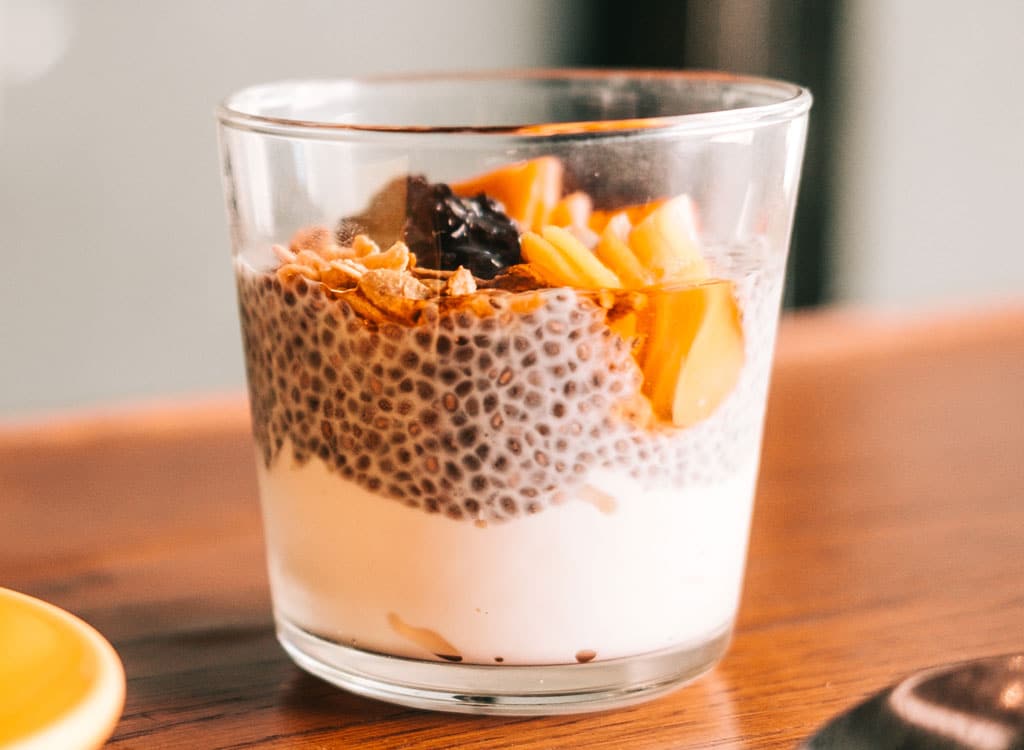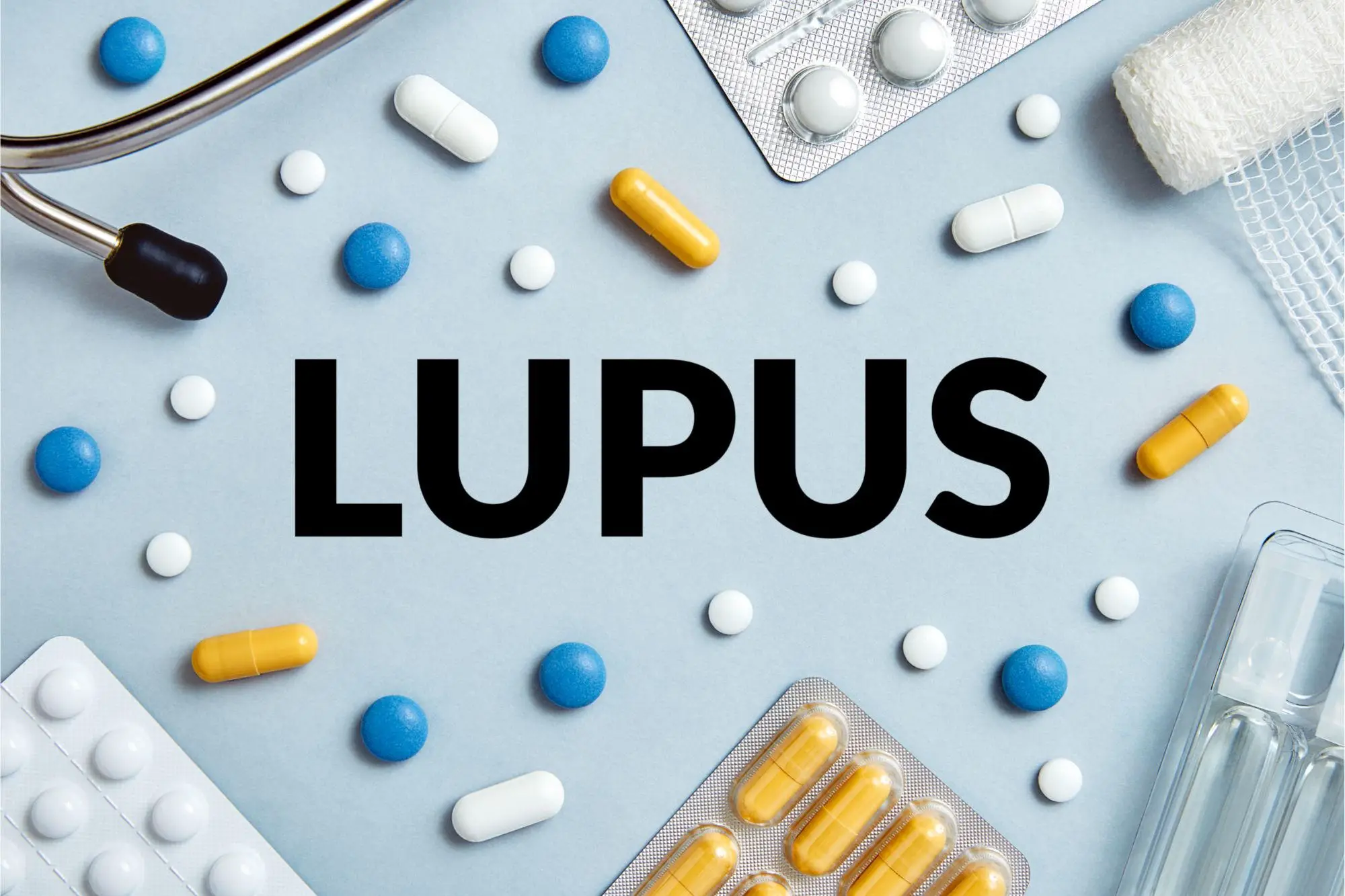Summary of 30 Anti-Inflammatory Foods for Weight Loss:
Inflammation is a part of the body’s immune response to injuries or wounds, but can also be caused by a lack of sleep, excessive stress, genetics, and the typical American diet, which is full of inflammation-inducing foods. To counteract the effects of inflammation-perpetuated weight gain, researchers suggest fitting certain foods into your diet, such as tart cherries, berries, oats, ginger, green tea, dark chocolate, omega-3s, red bell peppers, turmeric, and beets. These foods contain compounds that have anti-inflammatory and antioxidant properties that can help reduce inflammation, promote better recovery after exercise, reduce belly fat, and fight against chronic diseases.
*****
Inflammation: How It Causes Weight Gain and What You Can Do to Fight Back
Inflammation works a little like sports fans at their team’s championship game; one minute they’re cheering along in the stands. But once the final buzzer goes off to signify their victory, they’re flooding the court in an unstoppable wave—then setting cars ablaze while rioting in the streets. And just like a harmless movement can balloon into one with disastrous and dangerous outcomes, inflammation’s healing intentions can also get out of hand and ultimately translate into the menacing consequence of sickness and weight gain.
Part of your body’s immune response, inflammation in the body is essentially your body’s way of alerting you when you experience an injury or wound.
For example, after spraining your ankle, it will likely start to swell and throb. Although painful, this physiological reaction occurs to signal your immune system to fix it. It’s not just external injuries that cause inflammation, however. Things like a lack of sleep, excessive stress, genetics, and—what might be worst of all—the wrong diet can all contribute to inflammation.
How diet can contribute to inflammation
By “wrong diet,” we’re talking about the typical American diet, which is full of inflammation-inducing foods. Think: fried foods, refined flours and sugars, hormone- and antibiotic-laden animal products, synthetic sweeteners, and artificial food additives. So if you’re constantly noshing on these items, your body may begin to transition into a state of chronic inflammation. This inflammatory, high-energy diet reduces levels of gut-healthy probiotics, induces weight gain, and has been connected with a host of diseases, from diabetes and obesity, to heart disease and cancer. So, if you’ve been struggling to lose weight, and you’ve continued to eat the same foods (yes, even if you are eating less of them), it’s time for a change.
And science has an answer for you. Researchers are proving that fitting in certain foods into your diet may help to counteract the effects of inflammation-perpetuated weight gain. These healing foods attack inflammation by increasing the concentration of beneficial bacteria in your gut, turning off inflammatory genes, and decreasing levels of pro-inflammatory biomarkers—many of which will torch fat in the process. Fit these anti-inflammatory foods into your diet, and you’ll be on your way to a leaner, happier you. Then, for more healthy eating tips, make sure to check out 6 Superfoods That Can Help Slow Aging After 40.
Tart Cherries
iStock A deliciously balanced anti-inflammatory food is a tart cherry, also known as a Montmorency cherry. says Amy Goodson, MS, RD, CSSD, LD author of The Sports Nutrition Playbook and member of our Expert Medical Board, “Tart cherries contain anthocyanins, which are anti-inflammatory compounds that may help combat chronic diseases,” says Amy Goodson, MS, RD, CSSD, LD author of The Sports Nutrition Playbook and member of our Expert Medical Board. “Research suggests tart cherries may help reduce arthritis pain and can help fight oxidative stress, leading to better recovery after exercise.” RELATED: Does Tart Cherry Juice Really Help You Sleep Better?
Berries
Shutterstock A study in the journal Antioxidants showed that eating berries could significantly reduce inflammation. Why is this exactly? Well, berries contain a class of antioxidants called flavonoids, but it’s the anthocyanins, specifically, that contribute their anti-inflammatory effects by effectively turning off inflammatory and immune genes. And when it comes to anthocyanins, blueberries are king. On top of that, blueberries contain vitamin C and another polyphenol, resveratrol, which have both been found to promote anti-inflammatory responses through decreasing inflammatory free radicals.
Overnight Oats
Sign up for our newsletter! Shutterstock Throw together a jar of overnight oats packed with dark chocolate, berries, nuts, and a dash of cinnamon, and you’ll be fighting inflammation and drastically reducing belly fat. The raw oats are a resistant starch, a type of carb that passes through your gut undigested. Instead of feeding you, it feeds your healthy gut bacteria, which in turn produce a fatty acid that encourages more efficient fat oxidation known as butyrate. Higher levels of butyrate reduce inflammation in your body and help reduce insulin resistance as well. Less inflammation means less bloating and a slimmer you. RELATED: 5 Baked Oats Recipes That Support Weight Loss & Taste Like Cake
Ginger
Shutterstock Researchers attribute ginger’s health benefits to gingerols, compounds that are antioxidant, anti-inflammatory, antibacterial, and anti-disease. According to numerous studies, these compounds block several genes and enzymes in the body that promote inflammation. For instance, according to a study published in Frontiers in Pharmacology, ginger’s can help reduce inflammation in the body by lowering the amount of pro inflammatory cytokines (proteins found in cells) and increasing the number of anti-inflammatory cytokines. Fresh ginger is richest in gingerol, so grate up the root, throw it in a mesh bag, steep, and sip on ginger tea.
Green Tea
RELATED: Does Tart Cherry Juice Really Help You Sleep Better? Shutterstock A review published in Frontiers in Immunology found that consumption of dark chocolate may positively impact the diversity of the gut microbiome, which in turn would have anti-inflammatory effects. In a small study on participants who had existing type 2 diabetes, researchers discovered that those who ate 30 grams of 84% dark chocolate for a period of eight weeks had fewer inflammatory markers in their blood than the non-chocolate eaters. To enhance the effects of this anti-inflammatory food, try pairing it with some apple slices. The fruit speeds up the probiotic fermentation process, leading to an even greater reduction in inflammation and weight. You just want to make sure you’re choosing the right kind; look for cacao content of 70% or above because these contain the highest amounts of antioxidants.
Fatty Fish
Shutterstock When it comes to fats, there’s one variety you definitely don’t want to eat less of: omega-3s! These healthy fats are famous for their anti-inflammatory properties, and fatty fish are one of the best sources of this class of polyunsaturated fats. For example, wild salmon provides you with both EPA and DHA, two of the main types of omega-3s. And unlike plant omega-3s, these two fatty acids are already in an active form, meaning they’ll more efficiently attack excess inflammation through the increase in adiponectin—a hormone that enhances your muscles’ ability to use carbs for energy, boosts metabolism, and burns fat—which ultimately decrease inflammation markers.
Red Peppers
Shutterstock Peppers are an anti-inflammatory superfood—but go red to reap the most benefits. Out of the three colors of bell pepper, red have the highest amount of inflammatory biomarker-reducing vitamin C, along with the bioflavonoids beta-carotene, quercetin, and luteolin, according to research in the Journal of Food Science. Luteolin has been found to neutralize free radicals and reduce inflammation. Beta-carotene is a carotenoid, fat-soluble compounds that are associated with a reduction in a wide range of cancers, as well as reduced risk and severity of inflammatory conditions such as asthma and rheumatoid arthritis. And allergy research has shown that quercetin acts as a mast-cell stabilizer, which decreases the number of cells reacting to an allergen. Mast cells are responsible for releasing histamine during inflammatory and allergic reactions.
Dark Chocolate
Shutterstock Great news for all you chocoholics! A review published in Frontiers in Immunology found that consumption of dark chocolate may positively impact the diversity of the gut microbiome, which in turn would have anti-inflammatory effects. In a small study on participants who had existing type 2 diabetes, researchers discovered that those who ate 30 grams of 84% dark chocolate for a period of eight weeks had fewer inflammatory markers in their blood than the non-chocolate eaters. To enhance the effects of this anti-inflammatory food, try pairing it with some apple slices. The fruit speeds up the probiotic fermentation process, leading to an even greater reduction in inflammation and weight. You just want to make sure you’re choosing the right kind; look for cacao content of 70% or above because these contain the highest amounts of antioxidants.
Turmeric
Shutterstock You can thank curcumin for turmeric’s beautifully bright, yellow-orange color—but that’s not all it’s good for. This active compound has been found to contain potent anti-inflammatory and antioxidant properties. A study in Drug Design, Development and Theory shows curcumin inhibits the activation of inflammatory pathways and limits production of inflammatory markers. For this reason, curcumin has been implicated in a range of beneficial health effects, from preventing cognitive decline, liver damage, and heart disease, while easing joint inflammation

